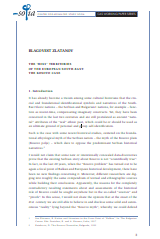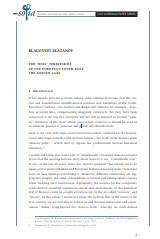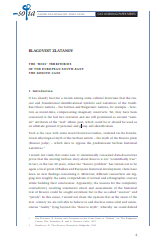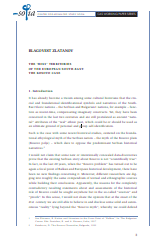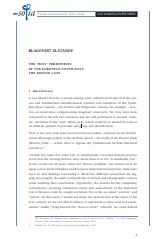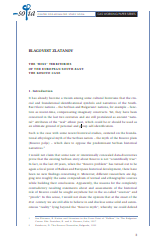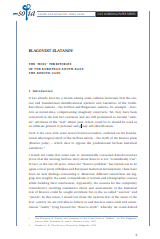![Mission [Im]Possible. Identity Crises in the Bulgarian Army‘s Officer Corpus During the Nato Accession](/api/image/getgrayliteraturecoverimage?id=document_cover-page-image_513054.PNG)
Mission [Im]Possible. Identity Crises in the Bulgarian Army‘s Officer Corpus During the Nato Accession
Mission [Im]Possible. Identity Crises in the Bulgarian Army‘s Officer Corpus During the Nato Accession
Keywords: Bulgaria's NATO-Accession; Bulgarian Military;
Generally speaking, the tensions registered by this study refer to a fundamental problem, namely: the absence of an efficient system for balance of powers and mutual control within the Bulgarian security sector, which allows unchecked manifestations of personal power. The lack of an effective regulatory system, hence, explains the opposition to women’s presence in the army, to the dismissals, to the “modernization” methods, and to the promotion system. Nevertheless, the conclusions that can be drawn from my research are by no means pessimistic.
More...
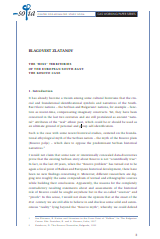
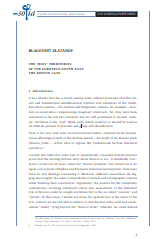
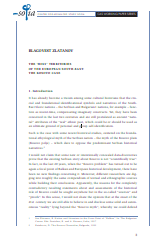
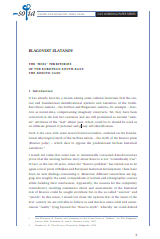
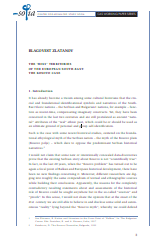
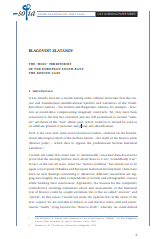
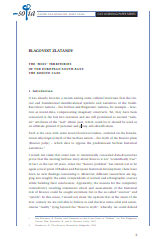
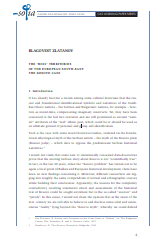
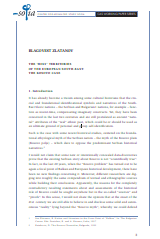
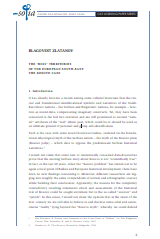
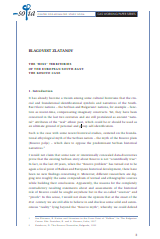
![Sitting Together: Local Councils of Vidin County as Domains of Hybridization [1864-1877]](/api/image/getgrayliteraturecoverimage?id=document_cover-page-image_513089.PNG)
